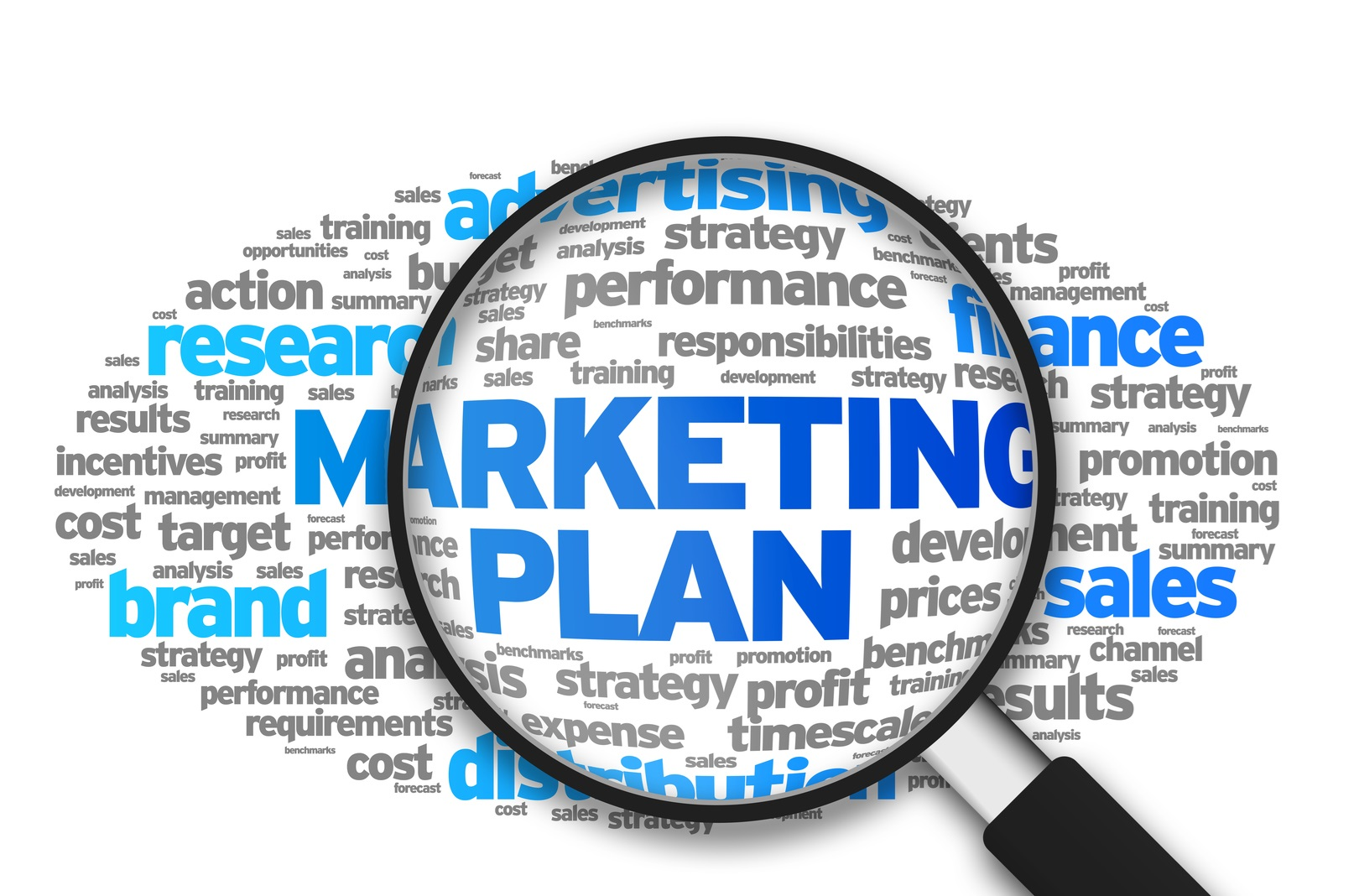A marketing plan serves as the cornerstone of any business’s growth strategy, outlining the roadmap to reach, engage, and convert your target audience effectively. Whether you’re a startup or a well-established enterprise, having a detailed marketing plan ensures that your resources are allocated wisely and that every action contributes to your broader business objectives. This strategic document includes key elements like understanding your market, setting clear goals, crafting strategies, and measuring results. Without it, businesses often struggle with scattered efforts, misaligned teams, and missed opportunities.
The importance of a marketing plan cannot be overstated. It enables businesses to maintain focus and direction in an ever-changing marketplace. A well-crafted plan ensures that you not only understand your customers’ needs but also position your products or services in a way that resonates with them. It helps you anticipate market trends, stay ahead of competitors, and optimize your marketing budget by prioritizing the most impactful activities. Furthermore, a marketing plan empowers teams to collaborate effectively, providing clarity on roles, responsibilities, and deadlines. In a world driven by data, it also acts as a tool for continuous improvement, allowing businesses to refine strategies based on real-time insights.
If you’re ready to elevate your marketing efforts and unlock your company’s true potential, it’s time to master the art of crafting a robust marketing plan. Read on to discover how to develop a successful marketing plan in five essential steps, tailored to drive measurable results and lasting growth.
What is a marketing plan and why do you need one?

A marketing plan is a strategic document that outlines a company’s marketing efforts over a specific period. It includes the tactics, tools, and strategies you’ll use to reach your target audience, convert them into customers, and ultimately drive sales. A strong marketing plan provides:
- Direction: Helps you focus on specific goals.
- Accountability: Encourages tracking and measurement of success.
- Efficiency: Maximizes resources by targeting efforts effectively.
Step 1: Define your goals and objectives
Your marketing plan should start with clear, achievable goals. These goals must align with your overall business objectives. Use the SMART criteria to set goals that are:
- Specific: Clearly define what you want to achieve.
- Measurable: Use metrics to track progress.
- Achievable: Ensure your goals are realistic with your resources.
- Relevant: Align with your broader business objectives.
- Time-bound: Set a deadline for achieving them.
Examples of marketing goals:
- Increase website traffic by 25% within six months.
- Generate 100 qualified leads per month.
- Improve social media engagement by 15% in the next quarter.
Step 2: Understand your target audience

A successful marketing plan is built around a deep understanding of your audience. Conduct thorough research to define your target market.
Key factors to identify your audience:
- Demographics: Age, gender, income, education.
- Psychographics: Interests, values, lifestyles.
- Behavioral: Purchasing habits, brand loyalty.
- Geographics: Location and cultural preferences.
How to gather audience insights:
- Analyze customer data using tools like Google Analytics.
- Conduct surveys and interviews.
- Monitor social media platforms for trends and discussions.
Step 3: Analyze your competition
Understanding your competitors allows you to identify gaps and opportunities in the market. Conduct a competitive analysis to evaluate their strengths and weaknesses.
How to perform a competitive analysis:
- Identify competitors: Use tools like SEMrush or SpyFu to find direct competitors.
- Examine their strategies: Look at their marketing channels, content, and ad campaigns.
- Assess their strengths and weaknesses: Determine what they do well and where they fall short.
- Identify market gaps: Find areas where you can offer something unique.
Step 4: Develop your marketing strategies

Now that you know your goals, audience, and competition, it’s time to develop strategies to achieve your objectives. Your strategies should encompass both online and offline marketing efforts.
Essential components of a marketing strategy:
- Content marketing: Create valuable content to attract and retain your audience.
- Social media marketing: Use platforms like Instagram, LinkedIn, or TikTok based on where your audience spends their time.
- Email marketing: Nurture leads with personalized emails.
- Paid advertising: Invest in PPC, display ads, or sponsored content.
- SEO: Optimize your website and content for search engines.
Budget allocation:
Determine how much you can spend on each strategy and prioritize the ones that yield the highest ROI.
Step 5: Measure and optimize
A marketing plan is not static; it should evolve based on performance. Use analytics to measure the effectiveness of your strategies and make data-driven adjustments.
Key metrics to track:
- Traffic metrics: Website visits, bounce rate.
- Engagement metrics: Likes, shares, comments.
- Conversion metrics: Leads generated, sales closed.
- ROI metrics: Cost per acquisition (CPA), return on investment (ROI).
Tools for measuring performance:
- Google Analytics for website metrics.
- HubSpot for lead generation and CRM.
- Hootsuite for social media analytics.
By following these five steps, you can develop a marketing plan that drives measurable results and supports your business growth.
FAQs about developing a marketing plan
What are the key components of a marketing plan?
A marketing plan typically includes an executive summary, market analysis, target audience, goals, marketing strategies, budget, and performance metrics.
How often should I update my marketing plan?
You should review and update your marketing plan at least once a year or whenever there are significant changes in your business or market conditions.
What is the best marketing strategy for small businesses?
For small businesses, content marketing, SEO, and social media marketing are cost-effective strategies to reach a broader audience.
How can I ensure my marketing plan is effective?
Focus on setting clear goals, understanding your audience, tracking performance metrics, and being flexible enough to adapt your strategies.




